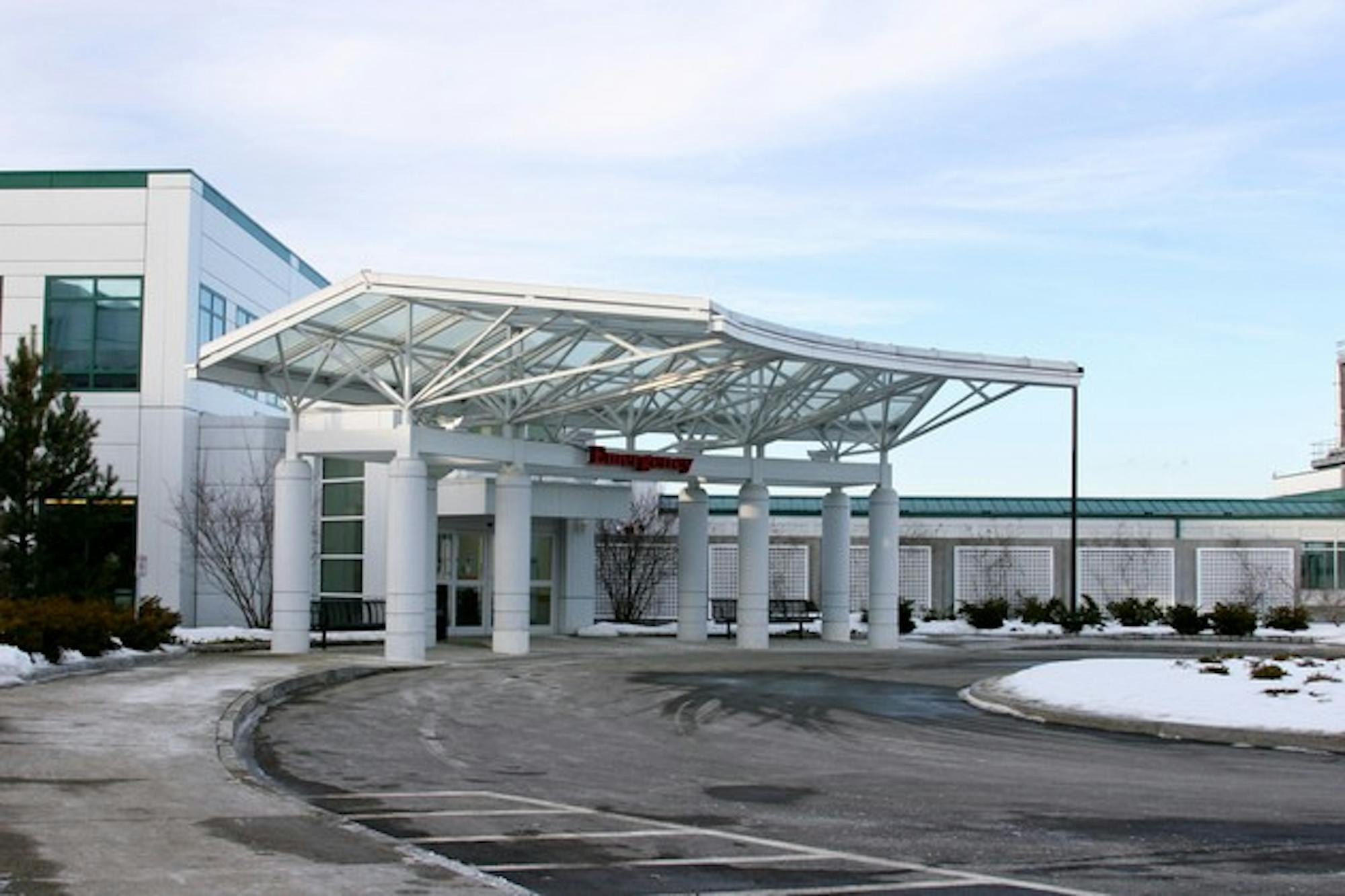When combined with recent Medicaid fee cuts, these changes could reduce DHMC's revenue by $8 million this fiscal year, Balkus said. She added that DHMC is often disproportionately affected by Medicaid cuts because it is the only hospital in the state that treats seriously ill or injured children.
The proposed elimination of funding for graduate medical training is necessary in light of the current financial crisis, Colin Manning, Lynch's press secretary, said in an interview with The Dartmouth.
"As the governor mentioned in his address, our country is in the midst of our worst recession since the Great Depression," Manning said. "It was a great challenge to put the budget together, but he wanted to ensure that we can have a sustainable budget moving forward."
The governor chose to cut the funding for training young doctors to preserve the state's loan repayment program for primary care providers, Manning said. The program repays a portion of student loans taken out by medical professionals who commit to practicing in underprivileged areas in the state where primary care providers are needed.
"This is a tough budget, and we needed a reduction in one program in order to preserve another, one that treats the under-served citizens in our state," Manning said.
The governor has attempted to cut funding for graduate education several times in the past few years, but DHMC has always managed to have the funding reinserted into the budget, Balkus said.
She said she plans to lobby the legislature over the coming months to preserve funding for the program, but that she is less optimistic than she has been in the past about the potential for success.
"This year, with the budget deficit that the state is facing, it will definitely be tougher than in past years," she said.
The hospital has not yet had to make serious choices about how to save money, but may have to make difficult decisions for the coming fiscal year, which begins in October, Balkus said.
"We have not yet had to cut programs, but as we look at our budget and what we anticipate for our budget, it's going to affect that," she said. "It will reduce our operating margin."
New Hampshire is projected to receive $250 million in additional Medicaid funding over the next nine fiscal quarters as a result of the federal stimulus package passed Tuesday, Balkus said. She noted that money the state saves due to increased federal Medicaid funding can be used for any purpose, and that DHMC will lobby for the funds to be spent on health care.
DHMC has also been affected by other proposed spending cuts, as previously reported by The Dartmouth. A change to the Medicaid reimbursement rules for outpatient treatment could cost the hospital $850,000 annually, Jill Batty, the hospital's chief financial officer, said in a previous interview.
These cuts come on top of the recent Medicaid fee cuts, which were put in place by an executive order in November to address a state budget shortfall for the 2008 fiscal year, Balkus said.
The hospital expects to lose $40 million treating Medicaid patients this year, up from $31 million in 2008, Balkus said.
"The more families lose their jobs, the more people go on Medicaid, so whenever there's an economic crisis, you see an increase in enrollees in Medicaid," she said.
Jake Kelleher, graduate medical education finance officer at DHMC, did not return requests for comment by press time.




